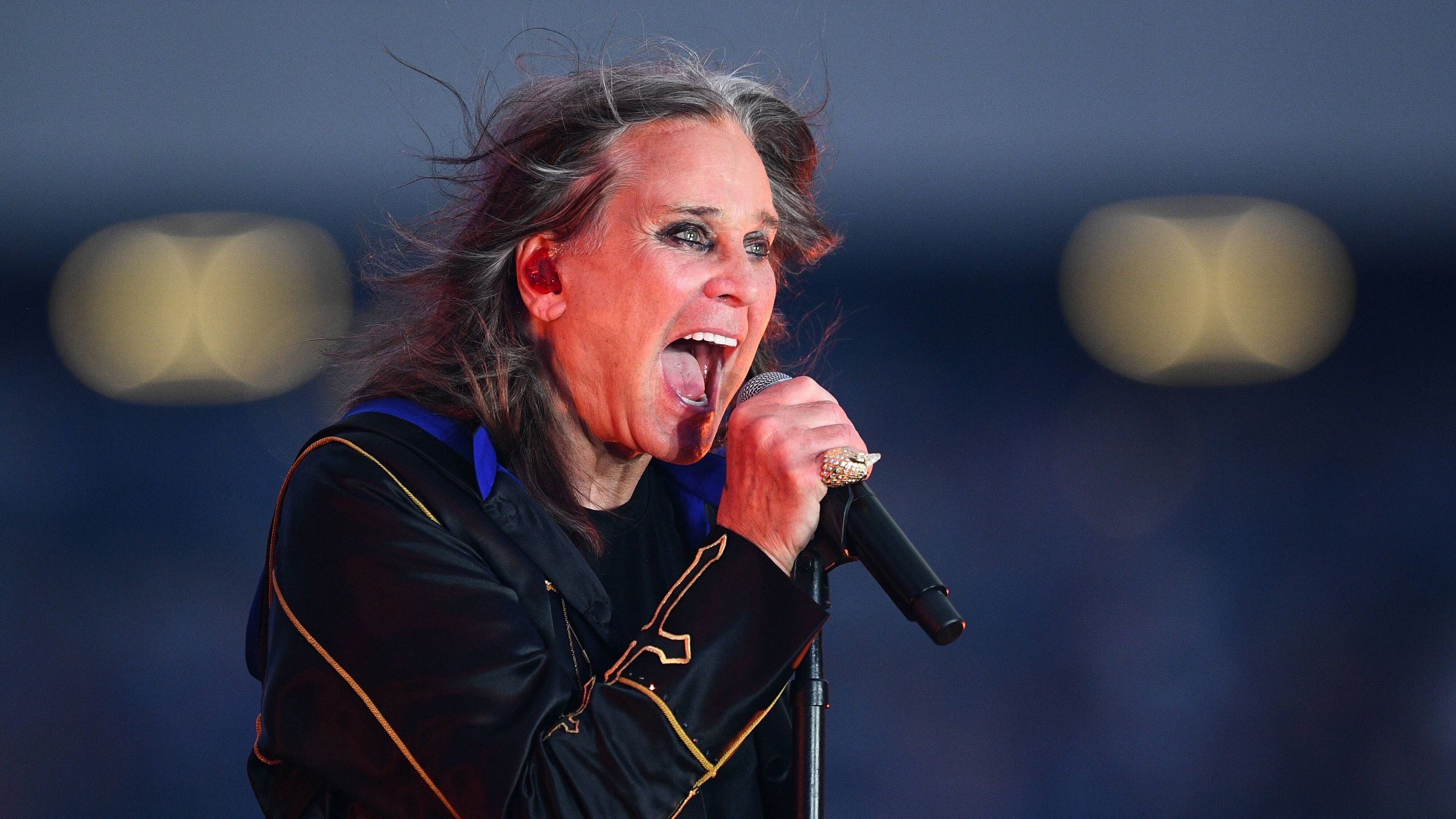Vinyl sales just surpassed streaming revenue for major acts, but Ozzy Osbourne found something even more collectible than wax pressings. His DNA. Where celebrity culture once stopped at autographs and meet-and-greets, biotechnology now enables fans to own actual genetic material from their heroes—raising questions that sound ripped from science fiction.
Liquid Death‘s “Infinite Ozzy” campaign offers fans something that makes signed guitars look ordinary. Ten iced tea cans, each containing genetic material from the Prince of Darkness himself, preserved in lab-grade containers after Osbourne personally consumed the contents.
The $450 price tag didn’t scare buyers. These cans vanished faster than backstage beer at a metal festival.
Beyond the Shock Value
DNA preservation technology makes this campaign technically feasible, though human cloning remains legally prohibited and scientifically challenging. Liquid Death‘s marketing team acknowledges this reality while positioning their product for a hypothetical future where cloning becomes possible and legal.
The timing amplifies emotional impact. Ozzy’s final concert with Black Sabbath happens July 5, 2025, in Birmingham, England. Fans facing the end of an era find comfort in owning something that could theoretically preserve their idol forever.
This isn’t random celebrity exploitation. The partnership reflects Liquid Death’s brand personality—edgy, rebellious, metal-adjacent. Ozzy’s image aligns perfectly with their aesthetic, creating authentic synergy rather than forced collaboration. With the metal legend confirming he’ll perform “only a few songs” at his final Black Sabbath show, the campaign captures both his rebellious spirit and the finite nature of his performing legacy.
Cultural Shift in Fan Engagement
Your relationship with favorite artists has fundamentally changed since streaming democratized music access. Physical albums became nostalgic artifacts. Concert tickets turned into investment-level purchases. Now genetic material represents the ultimate collectible.
“Clone me, you bastards!” became Ozzy‘s rallying cry for the campaign, embodying his lifelong commitment to pushing boundaries. This venture establishes precedent for future celebrity DNA products, potentially influencing how artists monetize their biological legacy.
The ethical questions surrounding celebrity DNA sales remain unresolved. Legal frameworks haven’t caught up with biotechnology’s possibilities. While female artists like Rihanna and Jessica Simpson have shown how musicians can build empires beyond music, Ozzy’s DNA venture pushes celebrity brand expansion into unprecedented biological territory. Yet fan enthusiasm suggests these concerns take backseat to emotional connection with beloved artists.
The success demonstrates that fans crave exclusive, meaningful memorabilia that transcends traditional merchandise. As technology advances and legal landscapes evolve, similar campaigns may become standard practice for major artists approaching career endpoints.


























